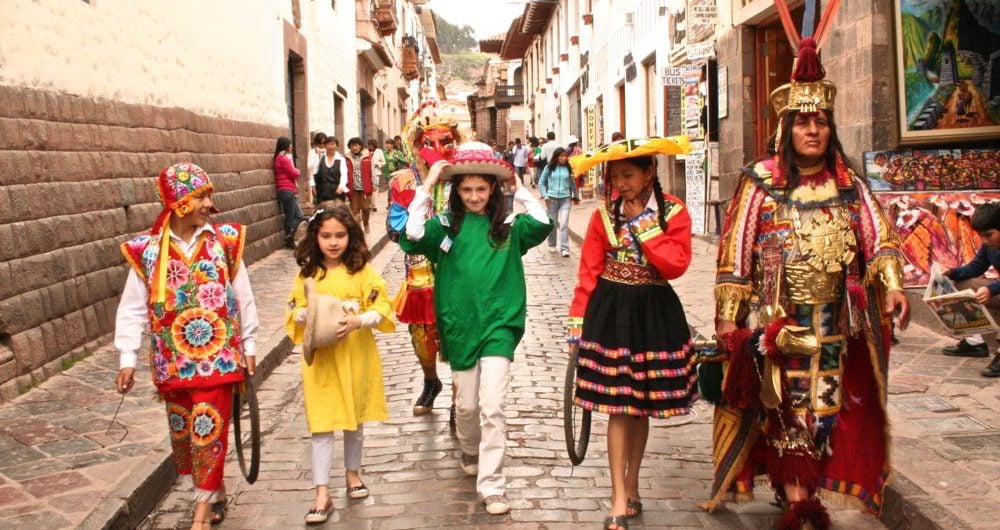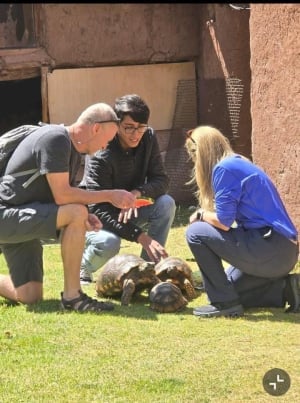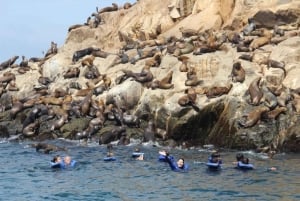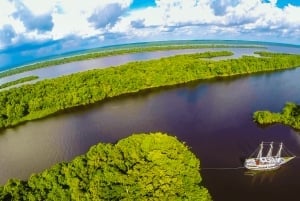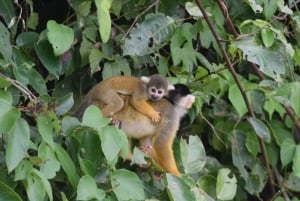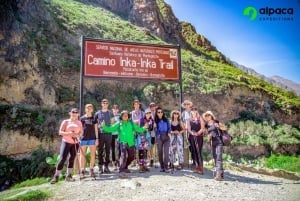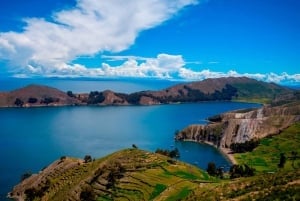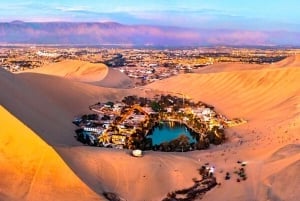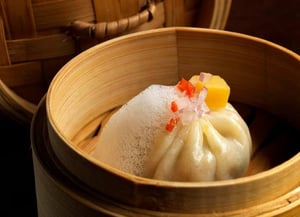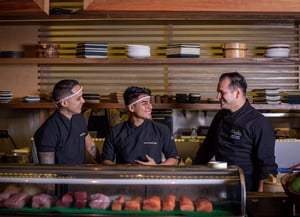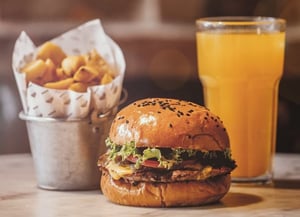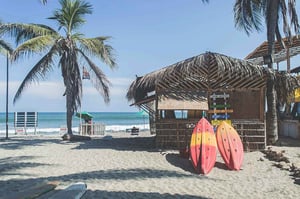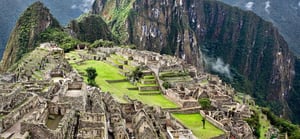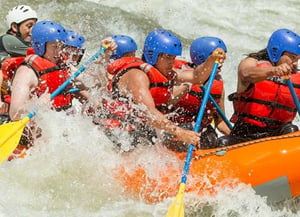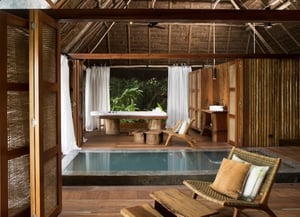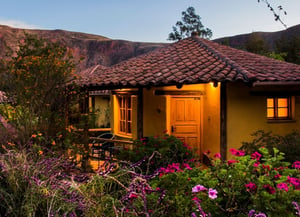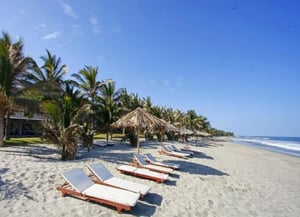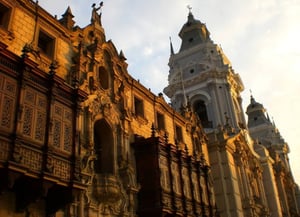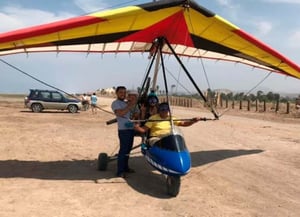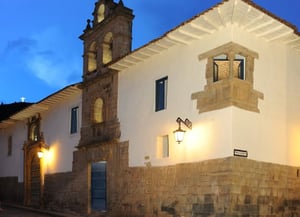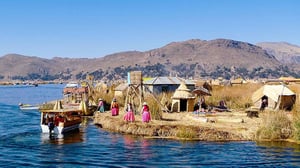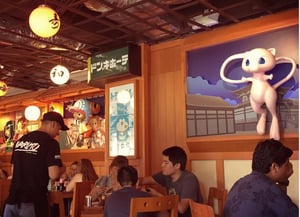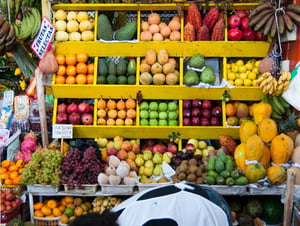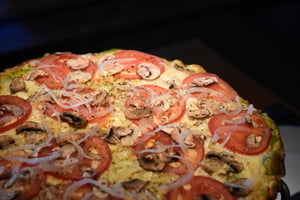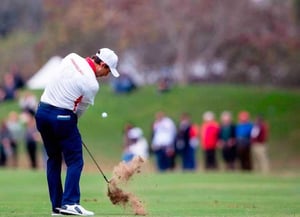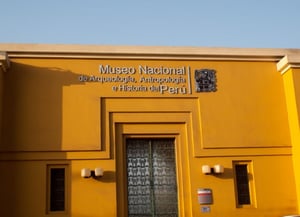Traveling with children
South Americans hold the family unit in high regard and children are central to this, but outlined below are some pointers to help prepare for a family visit to Peru.
Consult your doctor before leaving home regarding health issues . Sunscreen is an important consideration, as are sun-hats (cheap and readily available in Peru) and even a parasol for the really small. Conversely, it can get cold at night in the Andes, so take plenty of warm clothing. In the mountains, the altitude doesn't seem to cause children as many problems as it does their elders, but they shouldn't walk too hard above 2000m without full acclimatization. In Lima, where the water is just about good enough to clean your teeth but not to drink, the issues for local children are mainly bronchial or asthmatic, with humid weather and high pollution levels causing many long-lasting chest ailments. This shouldn't be a problem for any visiting children unless they already have difficulties. The major risk around the regions is a bad stomach and diarrhoea from water or food. There are ways to avoid and treat this; the only difference where children are concerned, particularly those under ten, is that you should be more ready to act sooner, particularly with rehydration salts. In the jungle, the same precautions for adults apply to children.
The food and drink in Peru is varied enough to appeal to most kids. Pizzas are available almost everywhere, as are good fish, red meats, fried chicken, french fries, corn-on-the-cob and nutritious soups, and vitamin supplements are always a good idea. There's also a wide range of soft drinks , from the ubiquitous Coca Cola and Sprite to Inka Cola. Some recognizable commercial baby food (and nappy brands) are available in all large supermarkets. Restaurants in Peru cater well to children and some offer smaller, cheaper portions; if they don't publicize it, it's worth asking.
Like restaurants, hotels are used to handling kids. They will sometimes offer discounts, especially if children share rooms or beds. The lower to mid-range options are the most flexible in this regard, but even the expensive ones can be helpful. Many, hostals included, have collective rooms, large enough for families to share, at reasonable rates.
Prices can often be cheaper for children. Tours to attractions can occasionally be negotiated on a family rate basis and entry to sites is often half price or less (and always free for infants). Children under ten generally get half fare on local (but not inter-regional) buses, while trains and boats generally charge full fare if a seat is required. Infants who don't need a seat often travel free on all transport except planes, when you pay around ten percent of the fare.
Travelling around the country is perhaps the most difficult activity. Bus and train journeys are generally long (12 hours or more). Crossing international borders is a potential hassle; although Peru officially accepts children under sixteen on their parents' passports , it is a good idea for them to have their own to minimize problems.


